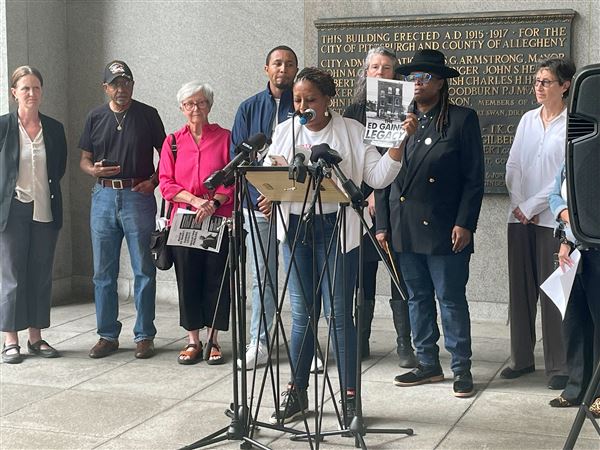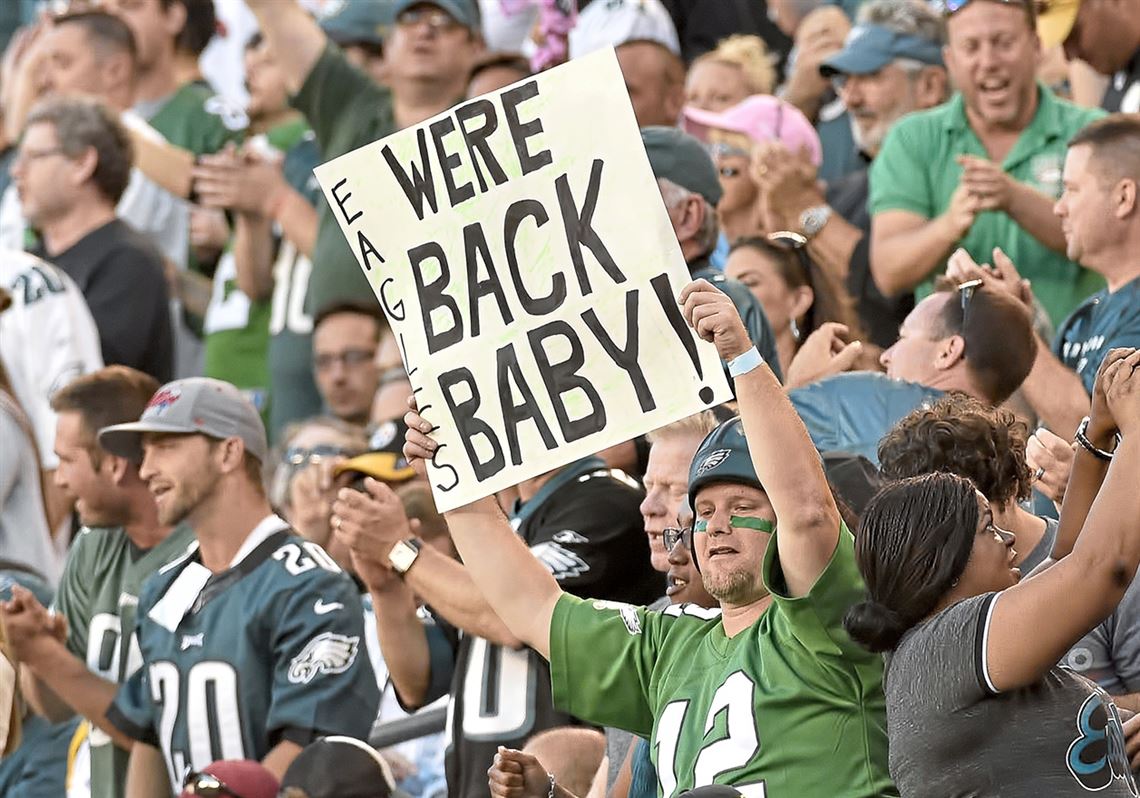Jonathan Zimmerman teaches education and history at the University of Pennsylvania and lives in Philadelphia. He is the co-author of “The Case for Contention: Teaching Controversial Issues in American Schools.”
•
PHILADELPHIA — Question: What do the Philadelphia Eagles and Donald Trump have in common?
They’re both underdogs, of course.
So said Trump adviser Kellyanne Conway on “Fox and Friends” the morning after her beloved Eagles crushed the Minnesota Vikings to earn a Super Bowl matchup against the heavily favored New England Patriots on Feb. 4.
“The underdog here is the Eagles and you know me, I love an underdog,” declared Ms. Conway, a South Jersey native and former Eagles season-ticket holder. “The Patriots are like that woman I don’t mention on TV any more.”
Let’s leave aside the bizarre equivalency between Hillary Clinton and the Patriots, whose owner and coach have both declared their affection for one Donald J. Trump. Why do we like underdogs so much?
And boy, do we ever. For several decades, psychologists have demonstrated that most people will favor a team that they perceive as overmatched. And it’s not just a sports thing. Studies have consistently shown that voters will rate a political candidate higher when she or he is portrayed as the underdog.
That’s why politicians as varied as Barack Obama, Bernie Sanders and Donald Trump all have claimed the underdog mantle. In a funny way, underdogs are the ultimate contradiction: They’re widely admired for lacking admiration.
What gives? Put simply, most of us are uncomfortable with inequality. We think it’s wrong for one team — or one person — to have too great an advantage. So we root for the less advantaged, in the hope that the scales of justice can be righted.
In a 2007 experiment, people were presented with an imaginary contest between Team A (the favorite) and Team B (the underdog). Team B got more support until it was revealed that Team A had a much lower payroll. After that, two-thirds of the people backed Team A.
But our affection for underdogs ends if we think they’ll harm our own self-interest. Psychologist Scott Allison calls this phenomenon the “Walmart effect.” In theory, we favor mom-and-pop shops over big-box stores. But we’ll still buy our new TVs and washing machines at Target or Walmart if we think we can get a better price.
Mr. Allison demonstrated this principle by asking a group of subjects whether they favored a large, established company or a small startup in awarding a contract to test drinking water. The subjects favored the little company until they were told that the water was in their hometown and that it might contain “cancer-causing mercury.” After that, the majority of people backed the big business with more experience.
And that has big implications for the way we think about our contemporary political moment. When Mr. Trump was campaigning for president, opponents from every party scoffed at his underdog claims. How could a man who was born into enormous wealth — and who avoided paying federal taxes for many years — possibly play the little guy?
Mr. Trump’s answer was to focus on the so-called mainstream media, which had written him off. And on that score, he was right: Almost nobody who thinks seriously about politics foresaw him winning the White House. Indeed, if you believe Michael Wolff’s “Fire and Fury” book, even Mr. Trump didn’t think he’d win.
So the underdog rose from the ashes, proving all of the pundits and alleged experts wrong. And Mr. Trump has continued to play that card ever since, insisting that the “failing New York Times” and other media outlets are conspiring against him. He still faces an uphill battle in his own mind. He’s the plucky start-up, locking horns with the established company.
It won’t do for his critics to keep reiterating that he’s actually a fabulously rich real-estate baron who pumped millions of his own dollars into capturing the presidency. Instead, building on the Walmart effect, Mr. Trump’s critics should focus less on the president’s background and more on his policies. If voters can be shown that they’ll get a better deal from his opponents, it won’t matter if they see Mr. Trump as an underdog or not. They’ll turn against him.
That’s what happened during most rounds of battle over Obamacare, as a lot of Americans realized for the first time that their health care would be more expensive — and less comprehensive — if Mr. Trump’s repeal went through. This should be a model for every Democratic appeal, from taxes and transportation to energy and the environment: Focus on what Mr. Trump is doing and on how many Americans will lose as a result.
Meanwhile, here in Philadelphia, the Eagles are working the underdog angle for everything it’s worth. Heck, they’re even wearing dog masks. It triggers something especially vivid in the Philly psyche, which is premised on feeling like the deck is stacked against you. We’re Rocky Balboa versus Apollo Creed, the Thirteen Colonies against Mother England.
And the Patriots? Their name nods to the Revolution, of course, but they’re more like the Redcoats. They’re richer, stronger and more successful. So get on the Eagles bandwagon, America! And may the worse team win.
First Published: January 28, 2018, 5:00 a.m.
















